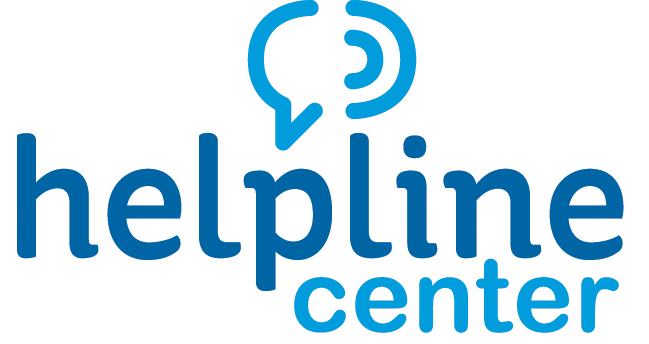All Locations
Program Information
The Social Security Administration distributes the nation's basic method of insuring a continuing income to a person or family when earnings stop or are reduced because of retirement, disability or death. Payments are not intended to replace all lost earnings. People should try to supplement Social Security payments with savings, pensions, investments, or other insurance.
Supplemental Security Income (SSI) pays benefits/monthly checks to qualifying individuals based on financial need. To qualify you must be at least 65, blind or disabled. Low income and resource limits also apply. www.ssa.gov/ssi
Social Security Disability Insurance (SSDI) pays benefits to people meeting certain medical requirements for disability payments, if you are insured, meaning that you worked long enough and paid Social Security taxes. www.ssa.gov/disability
Disability Determination Services (DDSs) field office is responsible for verifying non-medical eligibility requirements, which may include age, employment, marital status, or Social Security coverage information. The field office then sends the case to a DDS for evaluation of disability. https://www.ssa.gov/disability/determination.htm
The Social Security office may have a list of approved organizational payees.
Expanded online services are available through the Social Security portal at www.socialsecurity.gov/myaccount. The portal can be used for replacement Social Security Number (SSN) card requests without the need to travel to the office.
In-person assistance is also available through local offices. To find the closest location check www.ssa.gov/locator/
Eligibility
Vary by program. For SSI or SSDI: must be 65 or older, or blind, or have a disability lasting at least 12 months.
Disabilities access
Call for information.
Required Documents
Vary by type of claim filed.
Application Process
File online or by mail for retirement, disability, Medicare or call for an appointment to file by phone or in office.






